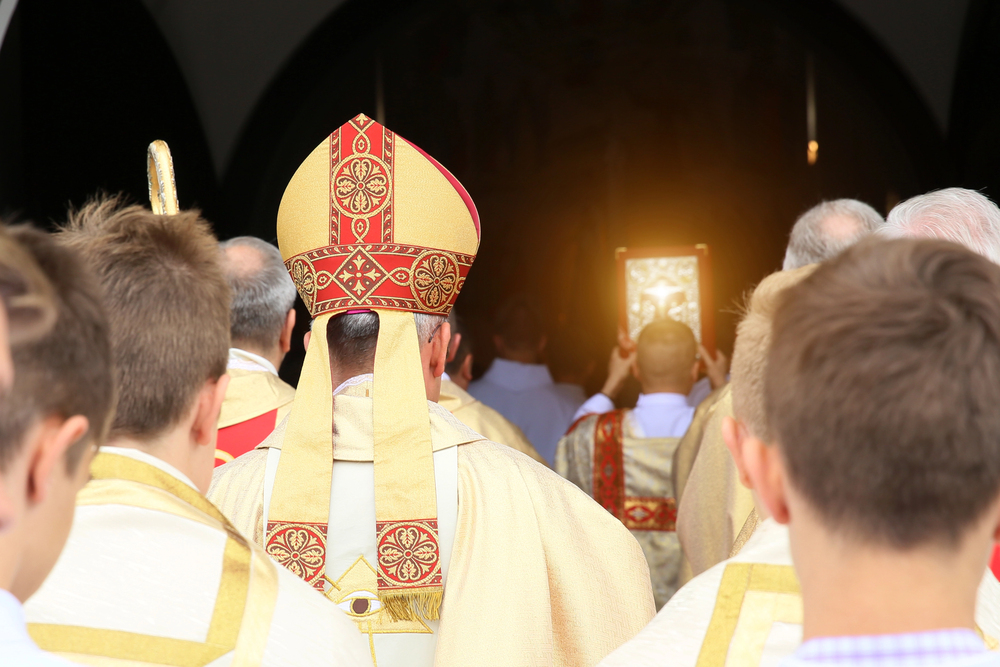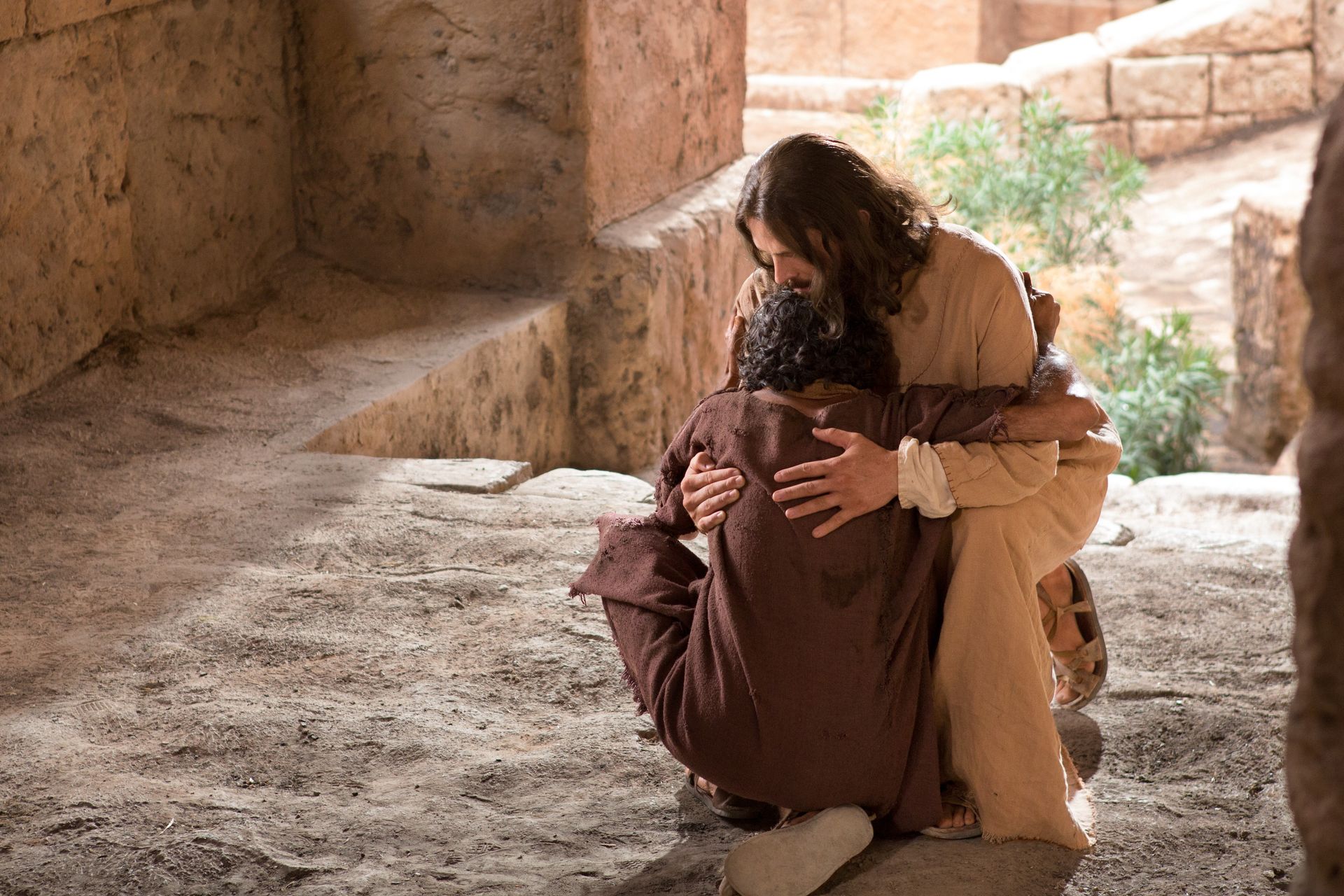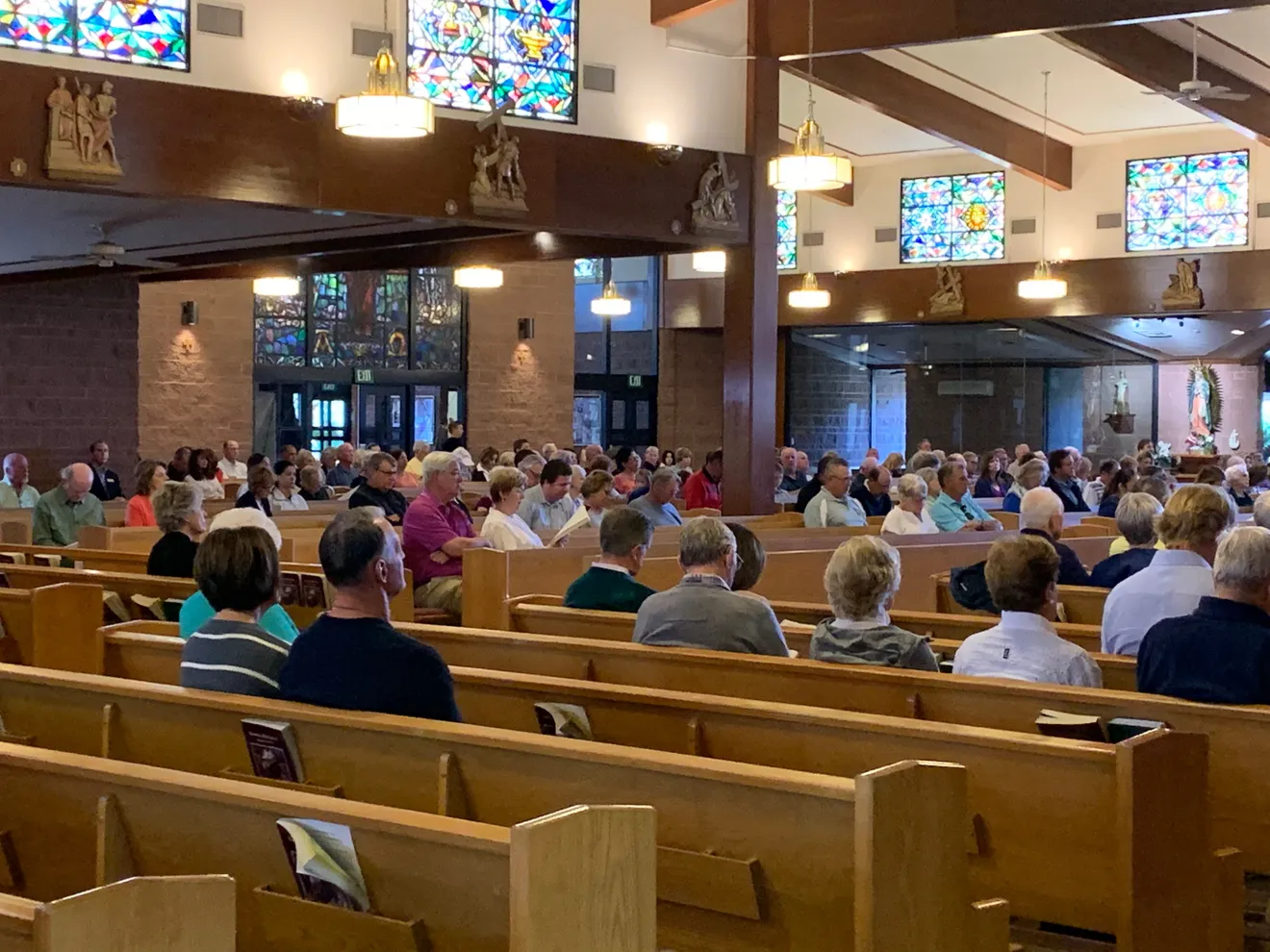Rose Sweet
Rose Sweet

Do Catholics need permission from their bishop to separate or file for civil divorce?
“You can’t divorce! You need the Bishop’s permission first!”
This is a claim from some vocal Catholics who are trying to protect the dignity and permanence of marriage. They hate divorce (and rightly so) and they claim—citing Canon Law 1692—that you MUST not even separate from your spouse without your Bishop’s permission.
It’s not true.
Canon Law(CIC) is a body of laws and regulations that govern the Catholic Church and its members. It says a bishop can grant permission, not must grant permission.
Can. 1692 §1. Unless other provision is legitimately made in particular places, a decree of the diocesan bishop or a judicial sentence can decide the personal separation of baptized spouses according to the norm of the following canons.
Is this even a practical reality?
Imagine hundreds of men and women in a diocese each year who consider separation or divorce. They would be spending countless writing, communicating with the Bishop telling his or her story, trying to prove good reason to separate, providing proofs, and bringing in witnesses if necessary. To protect the rights of both parties and to make a prudent call, the Bishop (or a specially trained staff) would be required to thoroughly examine each case. It’s a court case all over again with the Bishop as judge—and a bureaucratic nightmare.
Instead, the Church provides accessible guidelines for separation and divorce in both the Catechism of the Catholic Church and Canon Law. The faithful are encouraged to study, seek wise counsel, and discern on their own (CIC 1153 §1). Especially in matters of moral, legal, or physical urgency.
No one needs to tell you to consider these decisions carefully and wisely. Separation and divorce that is necessary will still bring about grave harm to the family and the community. But do you also need the Bishop’s permission to make these decisions?
Respected Canon Lawyer and Judge says NO
“Simmering in Catholic circles for some time has been the assertion that Catholics need permission from their bishop to divorce.” Thus begins a thoughtful and well-researched article by respected Canon Lawyer, Ed Peters, Edward Peters, JD, JCD, Ref. Sig. Ap. You can read it HERE.
Dr. Peters is the first American to be apopinted to the “Apostolic Signatura”, the highest canon law tribunal in the Church. He is also author of Annulments & the Catholic Church: Straight Answers to Tough Questions (Ascension Press) and says, “… episcopal (Bishop’s) permission for civil divorce might sometimes be required of Catholics in ‘concordat nations’* but not in ‘non-concordat nations’ such as the USA.
Bishop Olmstead (Phoenix AZ) says NO
In 2016, Bishop Olmsted stated: “I have never interpreted the provision of Canon 1692 as something required of the faithful either from a moral or legal point (of) view.” He added, “the faithful are not under any kind of moral imperative or even a judicial one in seeking my permission to separate…[and]…I have never had a need to compel the faithful to seek my permission in these matters”. See image below.
You have your answer
Never make a rash or emotionally charged decision to separate or divorce. Do everything possible in your power to foster reconciliation. Sadly in many cases, all of those efforts have been long exhausted or failed and reconciliation will not be possible.
Making the decision to separate or civilly divorce is never easy. Follow the Church’s teachings and stay close to Our Lord in prayer and the sacramental life. Get wise Catholic counsel. Make your decision prudently.
And be assured that if trusted canon lawyers and respected bishops say the faithful do not need episcopal permission, then they do not.
__________
*A “concordat nation” refers to a country that has a formal agreement (a concordat) with the Holy See (the Vatican) regarding the relationship between the Catholic Church and the state. These agreements often address matters of mutual concern, such as the Church’s status, religious education, and property rights
___________

Do you need some wisdom and guidance during or after your divorce? Schedule a coaching session with me (see links below) or find comfort in one of my books.







